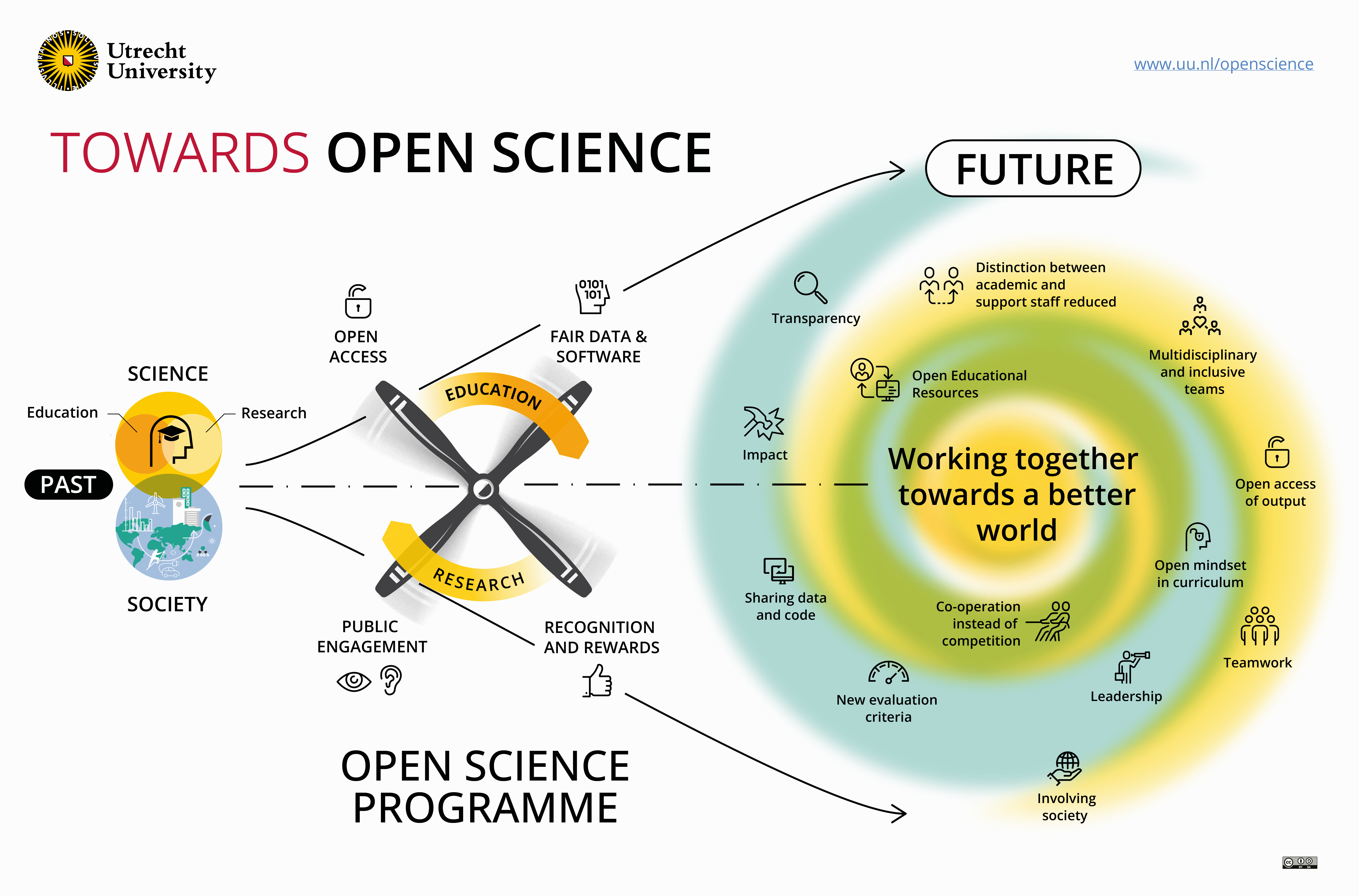
Promoting Open Science: Strategies to Garner University Support and Endorsement
Promoting Open Science: Strategies to Garner University Support and Endorsement https://opusproject.eu/wp-content/uploads/2023/09/UU_OS_Infographic_2022.png 1024 675 Open and Universal Science (OPUS) Project Open and Universal Science (OPUS) Project https://opusproject.eu/wp-content/uploads/2023/09/UU_OS_Infographic_2022.pngWhile open science has gained significant traction in recent years, its full integration into the academic community can still be a challenge. Universities play a crucial role in advancing open science practices, and getting them to accept and endorse open science can significantly impact the research landscape. In this article, we will explore strategies to persuade universities to embrace and support open science.
- Raise Awareness
The first step in convincing universities to endorse open science is to raise awareness about its benefits. Many researchers and academics may be unaware of the advantages of open science, such as increased research impact, transparency, and accessibility. Organize seminars, workshops, and webinars to educate the university community about the principles and potential of open science. Highlight real-world success stories and showcase how open science practices have improved research quality and reproducibility in various fields.
- Build a Community
Creating a community of open science advocates within the university can be instrumental in gaining institutional support. Form or join groups and committees focused on open science initiatives. Engage faculty members, researchers, and students who are passionate about open science and collaborate to promote its adoption. A strong, supportive network can exert more influence on decision-makers within the university.
- Establish Open Access Policies
One effective way to push for open science at universities is by implementing open access policies. These policies require researchers to make their publications and data openly available. Universities can adopt open access mandates that promote the dissemination of research findings to a broader audience. These policies can help researchers comply with funding agency requirements and encourage a culture of openness.
- Provide Training and Resources
Transitioning to open science practices can be challenging for researchers who are unfamiliar with the tools and methods involved. Universities should offer training and resources to support their academic community in adopting open science. This may include workshops on data management, open access publishing, and using open-source software. Libraries and research support services can play a vital role in providing guidance and training.
- Recognize and Reward Open Science
To motivate researchers to embrace open science, universities should revise their evaluation and promotion criteria. Acknowledge and reward open science activities such as sharing data, preprints, and collaborating openly. Promotion and tenure committees should consider these contributions alongside traditional research outputs. Recognizing open science efforts as valuable academic contributions will encourage more researchers to engage in such practices.
- Collaborate with Open Science Initiatives
Collaborating with external open science initiatives and organizations can further reinforce a university’s commitment to openness. Joining national or international consortia dedicated to open science demonstrates a university’s willingness to participate in global efforts to advance research transparency and collaboration. These partnerships can also provide valuable resources and expertise.
- Seek Funding for Open Science Initiatives
Securing funding for open science projects and initiatives can be a powerful motivator for universities. Many funding agencies prioritize open science practices and require grant recipients to adhere to open data sharing and dissemination principles. By actively pursuing such funding opportunities, universities can ensure financial support for their open science endeavors.
Summed up
Getting universities to accept and endorse open science is essential for advancing transparency, collaboration, and accessibility in research. It requires a multi-faceted approach that includes awareness-building, community-building, policy implementation, training, recognition, collaboration, and funding. By taking these steps, universities can play a pivotal role in shaping the future of research toward greater openness and transparency, ultimately benefiting both the academic community and society at large. Embracing open science is not just a choice; it is an opportunity to strengthen the integrity and impact of academic research.
Photo: Inside Higher Ed
- Posted In:
- Open Science News




